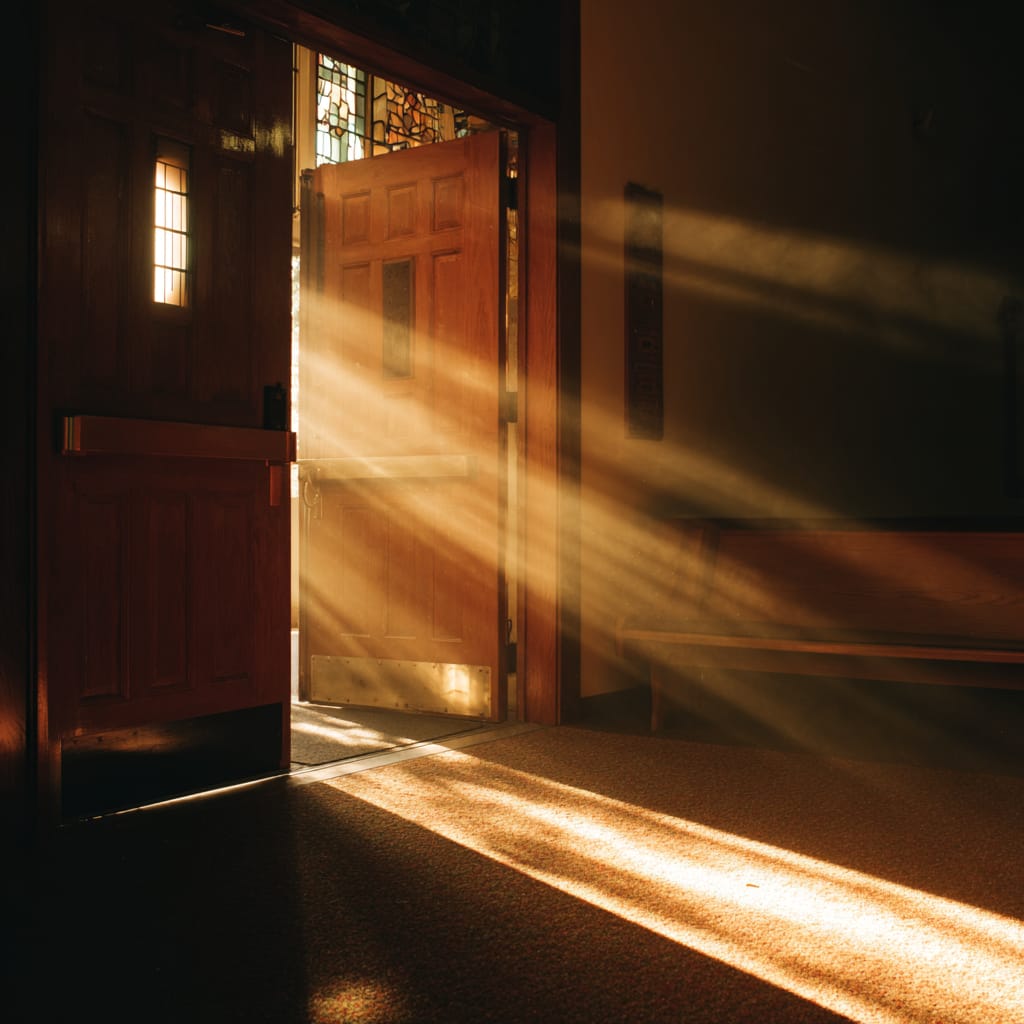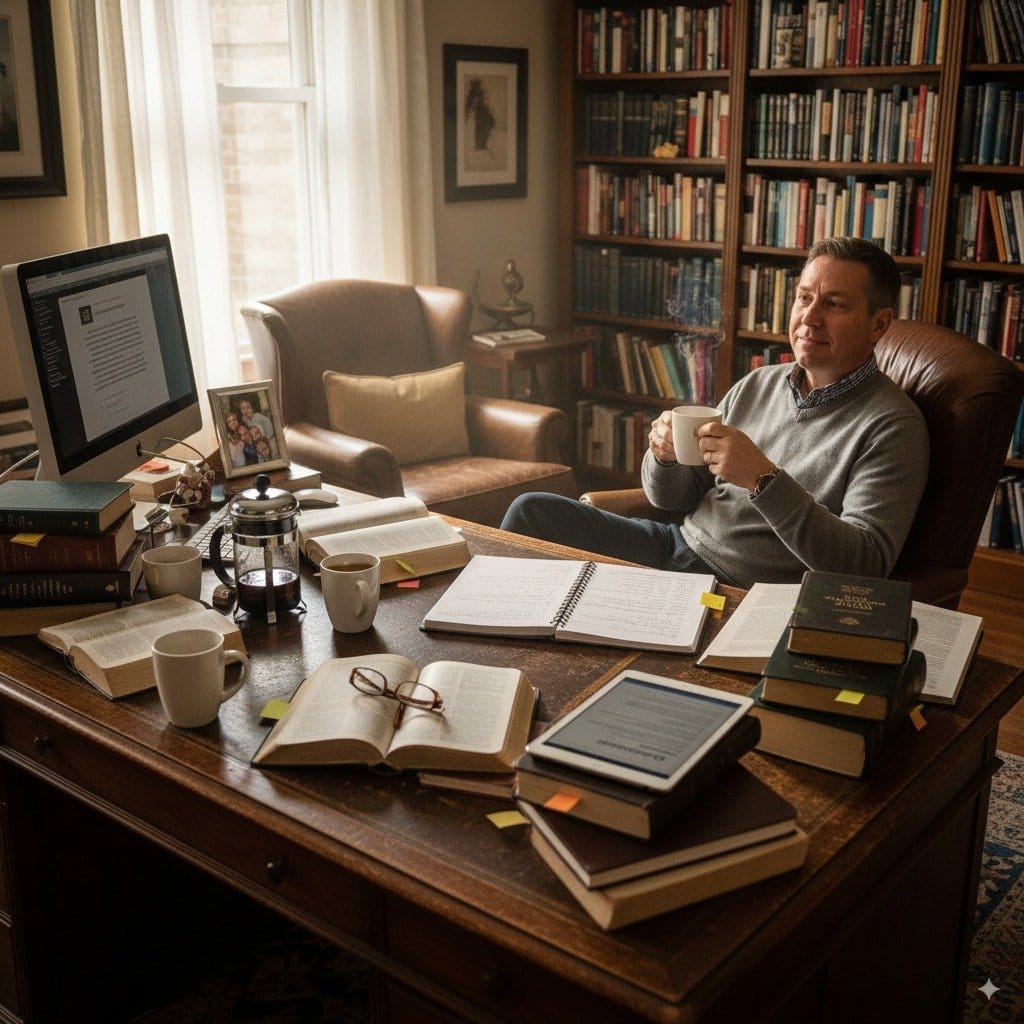When faith feels hollow and familiar church rhythms lose their meaning, it might be time for spiritual replanting. This raw, honest journey through faith deconstruction shows how questioning everything can lead to roots that run deeper than tradition—straight into Christ Himself.

Have you ever felt like your faith was slowly unraveling—thread by thread—until one day, you looked down and didn’t recognize what you were holding anymore?
Yeah, me too.
A few years ago, I found myself in a spiritual fog. The sermons felt hollow, the songs like echoes, and the once-familiar rhythms of church life just didn’t hit the same. I wasn’t angry at God. I wasn’t even sure I was angry at all. I was… hollow. Or maybe haunted—by questions I couldn’t unask.
They call it deconstruction now. Back then, I just felt like I was falling apart.
Losing My Footing
It started with little things. A podcast episode here. A theological rabbit trail there. Then came the big questions:
“Is this what Jesus really meant?” “How much of my faith is culture, not Christ?” “Can I question the system without losing the Savior?”
The more I tugged, the more the threads came loose.
It was terrifying.
And yet… strangely freeing.
But where do you go when everything you thought you knew starts to crumble?
Colossians, Coffee, and a Crisis
One morning, I stumbled onto a passage I’d heard before but never really heard. It’s from Colossians 2:6–7:
“So then, just as you received Christ Jesus as Lord, continue to live your lives in him, rooted and built up in him…”
That word—rooted—caught my attention in a way it never had before.
I’d been uprooted. That much was clear. But maybe the goal of faith isn’t to protect the old roots, but to replant them in better soil.
Maybe faith isn’t about cementing everything down, but about growing deeper into something (Someone) that can actually hold you.
The Myth of Certainty
Here’s the thing: certainty feels safe, but it can be a brittle kind of safety. Like a frozen lake—solid until it isn’t.
Jesus never promised certainty. He promised presence. He promised truth that sets us free—not ties us down.
What I needed wasn’t new arguments. I needed a new foundation. And not a human one.
Rerooting in Christ
Paul warns the Colossians to watch out for hollow philosophies and traditions that look spiritual but leave us empty (Colossians 2:8). I realized I’d been fed a lot of those—some well-meaning, others less so.
But right in the middle of that passage, Paul reminds them (and me) that in Christ, we have been made complete. Not through rules, performance, or theological checklists, but through Jesus Himself.
So I started replanting:
- I read the Gospels slowly, like a love letter not a textbook
- I let myself sit in silence, without needing to perform
- I asked fewer “what’s right?” questions and more “where’s Jesus in this?” ones
It didn’t fix everything overnight. But it gave me solid ground to stand on.
If You’re in the Thick of It
If you’re walking through deconstruction right now, hear me: you’re not broken. You’re not a heretic. You’re not the only one.
Sometimes God allows things to fall apart so we stop trusting our supports and start trusting the Cornerstone.
So ask the hard questions. Just don’t walk away from the only One big enough to handle them.
He’s not scared of your doubt. He’s not mad at your mess. He’s patient with the process—and He knows how to help you find solid ground again.
Final Thought
Deconstruction isn’t the end. It’s a door.
And sometimes, on the other side of that door, you’ll find roots that go deeper than you ever imagined—not in church culture, not in tradition, not in someone else’s faith—but in Christ.
And that’s a faith that can weather anything.







